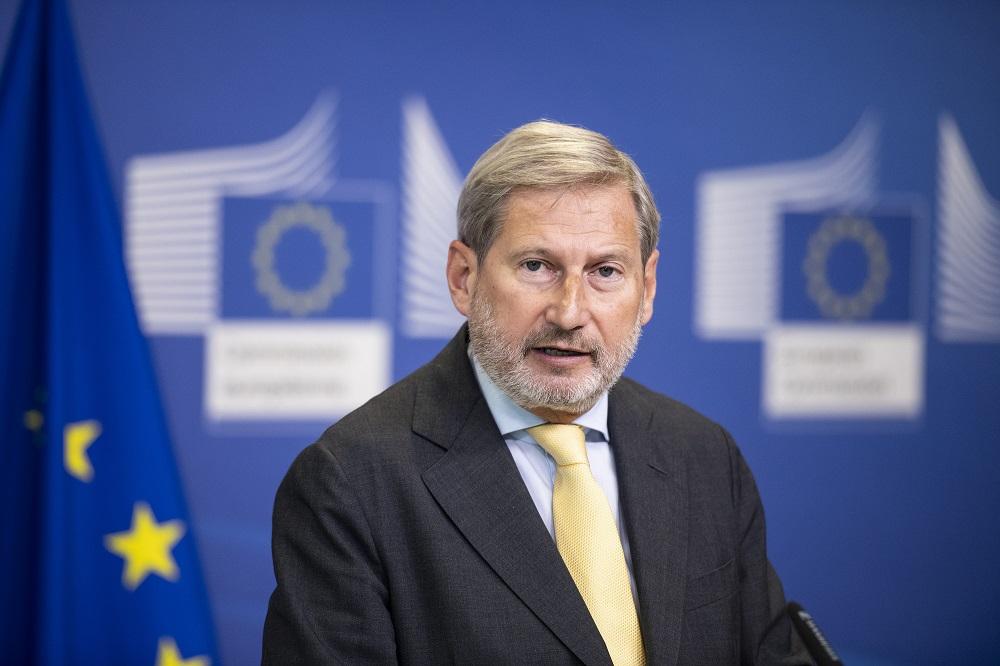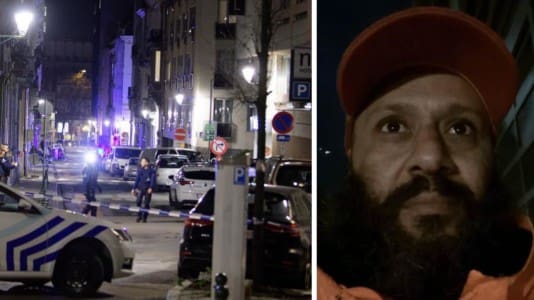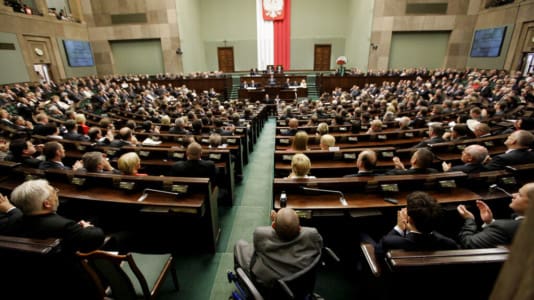The European Union plans to set up a fund called the Ukraine Facility, under which a new credit line for Ukraine would be opened in the amount of €50 billion for the period 2024-2027, but there are growing concerns about corruption.
The facility would provide assistance to Ukraine in three pillars. The first pillar would provide financial assistance to Ukraine, the second would support and finance investment, and under the third pillar, Brussels would help Ukraine plan the reforms needed to join the European Union. A specific feature of the Ukraine Facility is that frozen Russian assets would be confiscated and incorporated into the assistance model.
However, support for Ukraine remains a divisive issue in Brussels. Although the EU is keen to continue providing aid to a country at war, it is undeniable that Ukraine features sky-high levels of corruption and the “rule of law” fell far short of EU standards even before the war broke out, let alone during it. This came to the fore in Strasbourg during Monday’s plenary session when the Ukraine Facility was debated.
MEPs Michael Gahler and Eider Gardiazabal Rubial, the proponents of the report, said that the €50 billion credit line is a significant commitment by the European Union. They argued that Ukraine needs to improve corruption rates, the independence of its judiciary, the fight against oligarchs, and the fight against organized crime, but these efforts can be successful if complemented by the private sector.
Due to the corruption situation, several MEPs also expressed concerns about whether EU funds will go where they are supposed to. Roman Haider of the Austrian Freedom Party (FPÖ) complained that while sanctions are not working and the European economy has failed, it is worth considering whether it is worth investing another €50 billion in Ukraine, a country that is corrupt at all levels.
At the end of the agenda point, Johannes Hahn, commissioner for budget and administrative affairs of the European Commission, spoke on behalf of the commission, reminding the critical voices that “we Europeans must clearly support Ukraine.”
The politician also said that so far €80 billion in aid had been made available to Ukraine in various forms, including military assistance, and that the EU would support Ukraine as long as it needed it.






